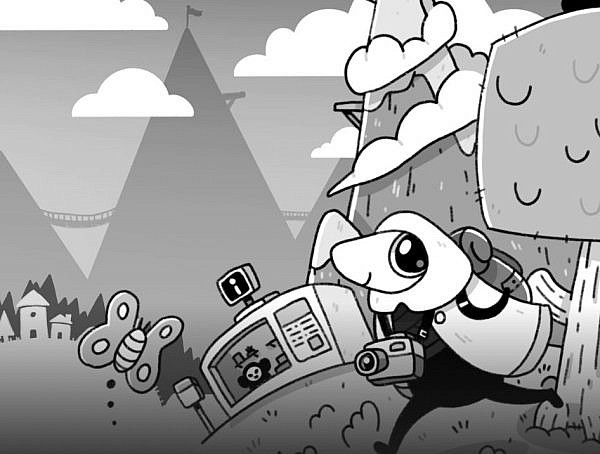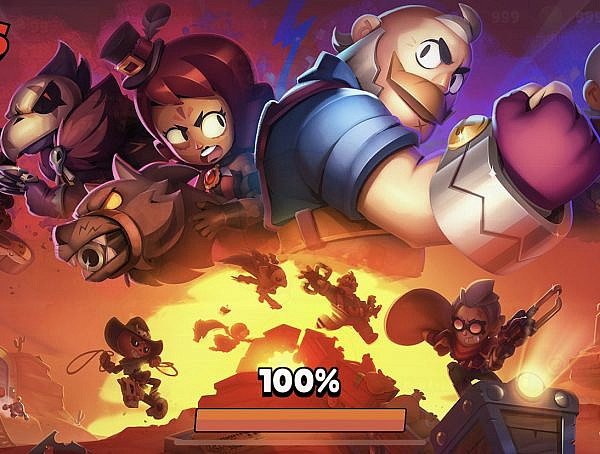Introducing an open-minded and critical player type
Different players enjoy different things in video games, but a certain type of player actively strives to create meaning and wants to experience play’s aesthetic effect: linking the game’s events to the real world through play. In his article, Gerald Farca proposes this type of player to be called an emancipated player. The term emancipation, translated from the Latin word emancipare, has several meanings: to free oneself from paternal authority, to declare freedom, and to become independent.This player type would take place alongside Gordon Calleja’s six distinct but interwoven forms of player involvement: kinesthetic, spatial, shared, narrative, affective, and ludic involvement. The category of emancipated player, Farca argues, would do justice to the player’s full spectrum of pleasures.
Farca argues that appreciating representational art means cutting ourselves loose from fragile attitudes towards it and to actively interpret it and participate on an imaginative level. The emancipated player both seeks to enjoy and understand the game, participating to their fullest potential in the video game narrative; making an effort to reach the levels of significance that partially change their thinking.
The emancipated player engages in a creative reasoning with the implied player. An implied player can be seen as a role made for the player by the game, and the player must fulfil this role so that the game is able to exercise its effect. The implied player attempts to persuade the emancipated player, who in turn may either accept them or critically scrutinise them. The meaning of a particular video game is created in this interaction between the emancipated and the implied player. So what emancipated players free themselves from is a confining perception and interpretation of video games. Instead of only focusing on analysing a particular aspect of the video game, the emancipated player tries to see the video game narrative in its entirety.
Farca uses the example of emancipated play through the game Journey (Thatgamecompany 2015), the meaning of which can’t be assigned to any single object, but instead being created in the act of play: ascending and descending the huge sand dunes on the journey towards the giant mountain looming in the background can be interpreted as a journey through life: it’s highs and lows, remembering to stop along the way to enjoy the beautiful landscape instead of rushing towards the end. And the journey can be made easier by sharing it with another player: a companion through life.
In summary, the emancipated player is a specific type of player, and the concept has turned out to be successful for critically observing video game narratives. The emancipated player can be described as a reader and creator of perspectives, resembling a scientific investigator who actively reads and combines the perspectives he or she encounters and helps create. The meaning of a particular video game is not something to be found, on the contrary, it is created in the interaction between the emancipated and implied player. In other words, meaning can only be experienced in the act of play, when the player closes the blanks between he or she encounters and creates.
Key Information:
Original Article: The Emancipated Player
Author: Farca Gerald
Published: Dundee, Scotland: Digital Games Research Association and Society for the Advancement of the Science of Digital Games, August, 2016
You might also like
More from Game Research Highlights
How do you want to do this? – A look into the therapeutic uses of role-playing games
Can playing RPGs contribute positively to your wellbeing? A recent study aims to find out how RPGs are being used …
Eldritch horrors and tentacles – Defining what “Lovecraftian” is in games
H.P. Lovecrafts legacy lives today in the shared world of Cthulhu Mythos and its iconic monsters. Prema Arasu defines the …
Are Souls Games the Contemporary Myths?
Dom Ford’s Approaching FromSoftware’s Souls Games as Myth reveals the Souls series as a modern mythology where gods fall, desires …
















